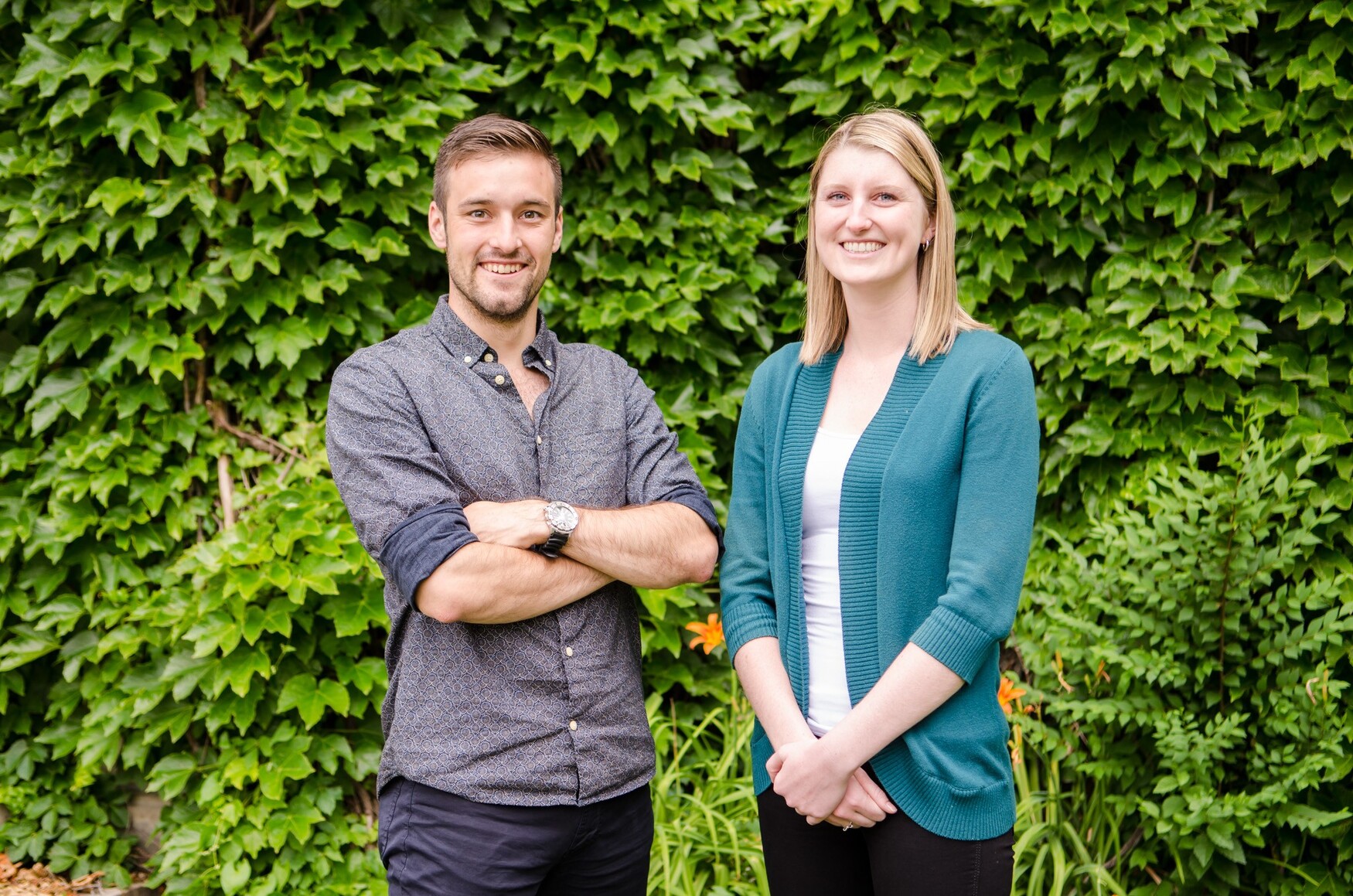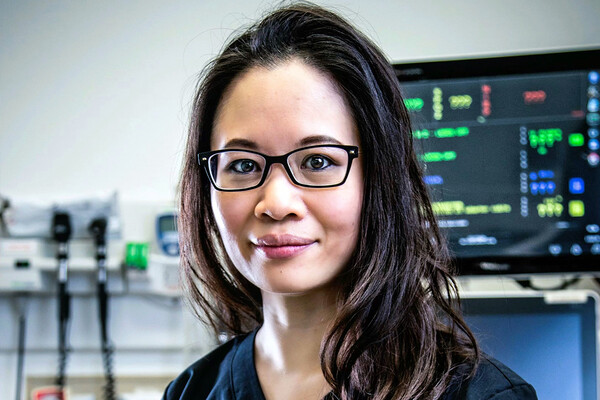Mobile Menu
-
MD Program
- Curriculum
- Interprofessional education
- MD Plus: Combined & Dual Degree Programs
- Academies
- Policies and Procedures
- Teaching in the MD Program
- Affiliated programs
- CACMS Accreditation
- Admissions
-
Student Resources
- Office of Learner Affairs (OLA)
- Community of Support
- Summer Mentorship Program
- Student Mistreatment
- Academic Calendar
- Registration Requirements & Requests
- Resources for Indigenous Students
- Prospective Students
- Research Opportunities
- Graduation & Alumni
- Student Tools & e-Resources
- Finances & Awards
- Student Assistance
- School Absences
- About Us
- MD/PhD Program




